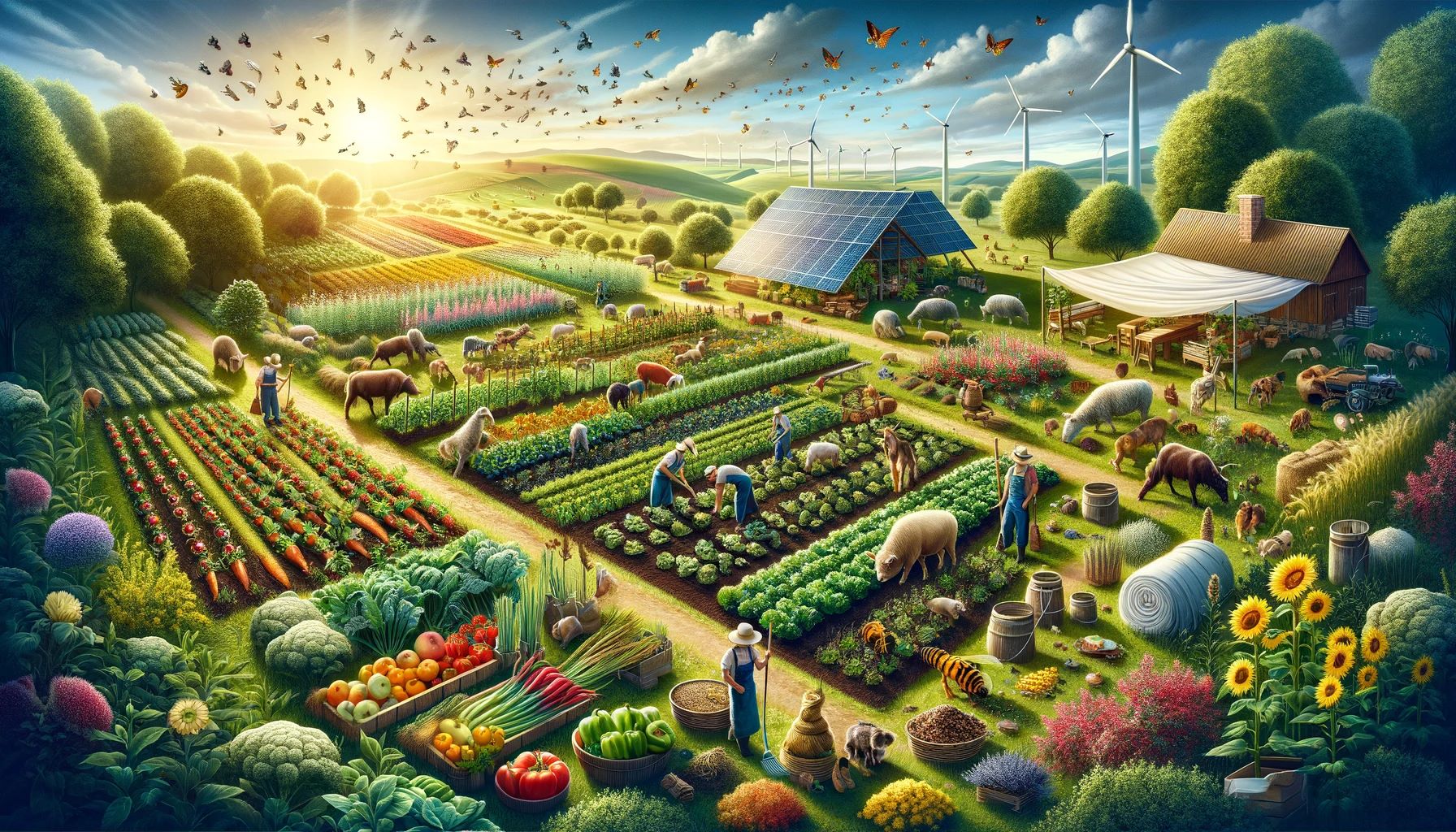Physical Address
304 North Cardinal St.
Dorchester Center, MA 02124
Physical Address
304 North Cardinal St.
Dorchester Center, MA 02124

Organic farming is a method of crop and livestock production that involves much more than choosing not to use pesticides, fertilisers, genetically modified organisms, antibiotics and growth hormones. It is a holistic system designed to optimise the productivity and fitness of diverse communities within the agro-ecosystem, including soil organisms, plants, livestock and people.
At its core, organic farming is based on four principles: health, ecology, fairness and care. These principles express the contribution that organic agriculture can make to the world. They are inter-connected and complementary to each other.
Organic farming should sustain and enhance the health of soil, plant, animal, human and planet as one indivisible entity.
Organic farming should be based on living ecological systems and cycles; it should work with them, emulate them and help sustain them.
Fairness is characterised by equity, respect, justice and stewardship of the shared world for both present generations and future ones.
Farmers must exercise precautionary measures to protect the health and well-being of current and future generations as well as the environment.
In order to achieve the objectives of organic farming, a number of techniques are used. These include crop rotation, green manure and compost, biological pest control and mechanical cultivation.
Crop rotation is a method of alternating the type of crop grown in a specific field from one season or year to another. It helps prevent soil erosion, increases soil fertility and crop yield, and prevents plant diseases and pests.
Green manure refers to crops that are specifically grown to be ploughed back into the soil in order to improve its fertility. On the other hand, composting is a process that involves decomposition of organic waste materials into rich soil known as compost.
This technique involves using natural enemies—predators, parasites or pathogens—to control pests and reduce their damage.
This technique involves using tools and machines to cut, till or turn soil for weed control.
With the increasing awareness about healthy eating and sustainable living, the future of organic farming looks promising. The demand for organic produce is growing at a steady pace, making it an attractive option for farmers. Moreover, technological advancements are also making it easier to adopt organic farming methods.
In essence, while there are challenges in practicing organic farming, its numerous benefits to the environment and human health make it a worthwhile pursuit. As consumers become more conscious about their food choices and the impact they have on the world around them, we can expect to see a continued increase in the practice of organic farming.